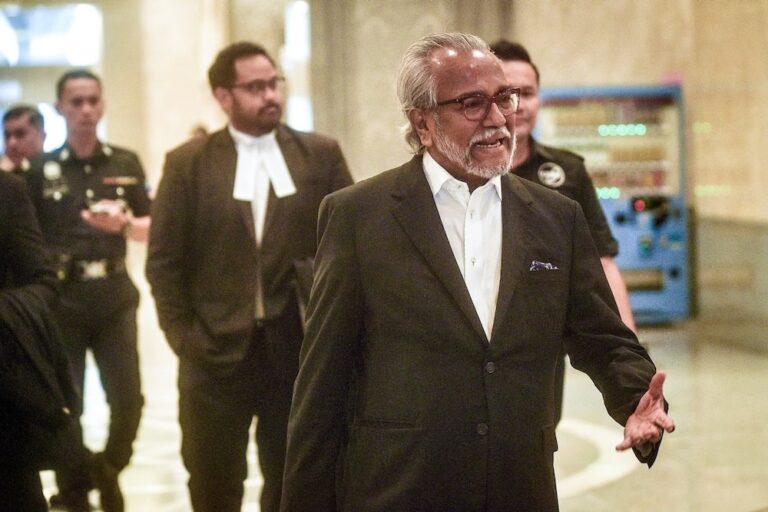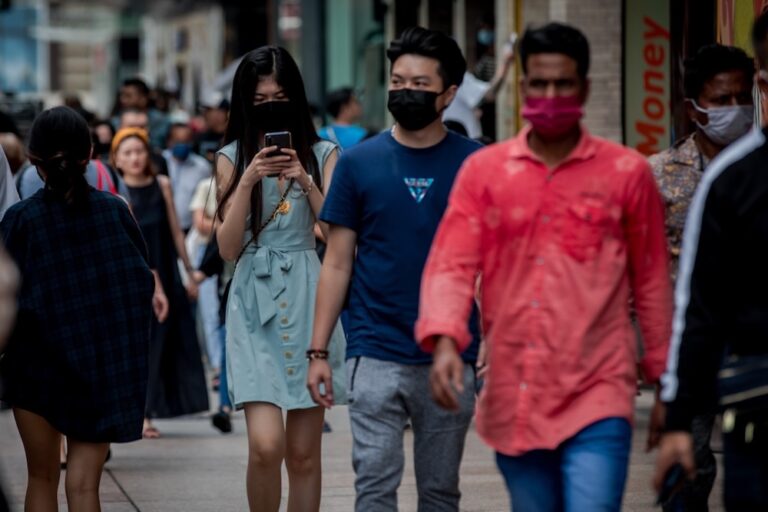(SEAPA/IFEX) – Police in the Sibu district in Sarawak, a Malaysian state on the island of Borneo, have introduced restrictions on media coverage of crime stories, threatening journalists with arrest should they breach the new rules. Journalists were told that police permission must be obtained before a crime story could be written or published. In […]
(SEAPA/IFEX) – Police in the Sibu district in Sarawak, a Malaysian state on the island of Borneo, have introduced restrictions on media coverage of crime stories, threatening journalists with arrest should they breach the new rules.
Journalists were told that police permission must be obtained before a crime story could be written or published. In addition, the police were to be the sole source of information, and crime scenes and the district police station were off-limits to journalists, reported the 22 June 2007 state edition of the “Borneo Post” daily newspaper.
Those who breach these rules face arrest under the Official Secrets Act (OSA), which carries a minimum mandatory one-year prison term, threatened Superintendent Zamani Hamdan, who reportedly spoke on behalf of the district police chief, Assistant Commissioner of Police (ACP) Nicholas Sebastian.
Another report, from independent online publication “Malaysiakini” ( http://www.malaysiakini.com ), quoted ACP Sebastian as saying that the directive came from police headquarters in the Kuala Lumpur capital.
When contacted by the Centre for Independent Journalism (CIJ), a local non-governmental organisation working for communication rights, Federal Criminal Investigations Department (CID) Director Christopher Wan Soo Kee declined comment. Federal Public Relations Chief Superintendent Rasdi Ramli, Superintendent Zamani and ACP Sebastian could not be reached.
SEAPA shares the concerns of its Malaysian partner CIJ and sees these restrictions as a serious infringement on media’s ability to report on an issue of high public interest, paralysing journalists from reporting in a fair and balanced manner.
“When reporters are made to wait for the police to feed them stories, their situation is not much different from that of a lap-dog journalist, albeit unwillingly,” said CIJ in a 26 June statement, available in full here: http://www.cijmalaysia.org/display_story.asp?ID=511
“The police seem intent on imposing their version of crime stories by preventing reporters from doing their own investigations. The move breeds suspicion that they have something to hide in the midst of the recent controversy about the alleged link between politicians, public figures and secret societies,” observed CIJ, referring to reports that gangsterism was on the rise in Sarawak because the perpetrators had the protection of politicians.
The restrictions cast yet another opaque layer on the integrity and professionalism of the police force, which were already marred by their rejection of an Independent Police Complaints and Misconduct Commission that was recommended by a royal, nationwide public inquiry held in 2004.
As CIJ noted, “The public is also prevented from assessing the performance of the police when stories are only told from the police’s point.”
The police should not be allowed to hinder the media from fulfilling their duty to the public, whom the police also serve, said CIJ.
SEAPA urges Prime Minister Abdullah Ahmad Badawi, who heads the Internal Security Ministry that is responsible for the police force, to revoke these restrictions as they are not in accordance with his pledge for transparency and integrity in government.


